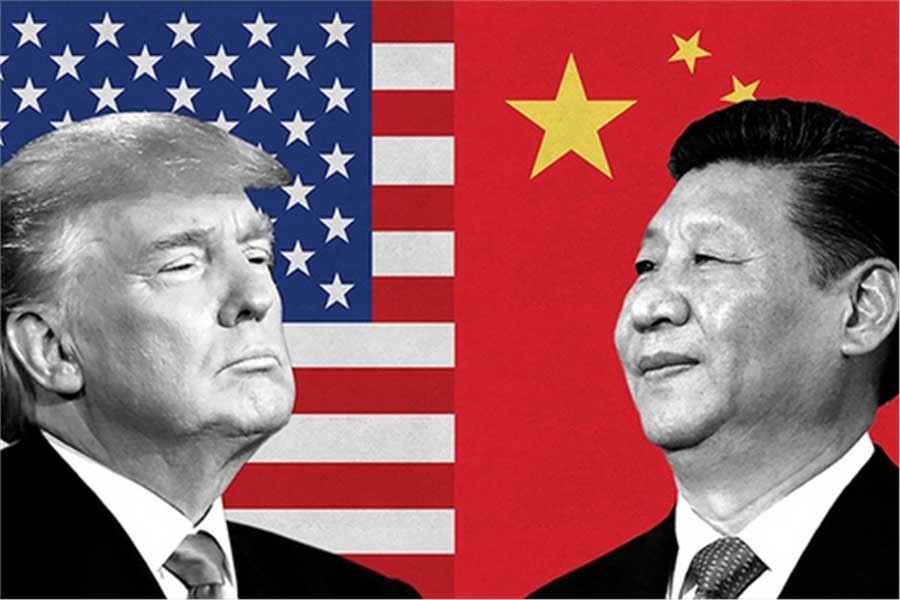Beijing will "reduce and remove" the 40 per cent tariffs it places on US cars imported into China, said US President Donald Trump.
China has declined to confirm President Trump's announcement, which he made on Twitter without providing details, as per a BBC report.
The move, if confirmed, would be welcomed by a car industry unsettled by the escalating US-China trade war.
President Trump and Xi Jinping have now agreed to a temporary truce in the bitter dispute.
Over dinner at the G20 summit, they agreed to not increase tariffs for 90 days to allow for talks.
Failure to strike a deal would have seen tariffs on $200 billion worth of Chinese goods rise from 10 per cent to 25 per cent at the start of next year, and would have opened the way for tariffs on additional Chinese goods.
On Monday, China's foreign ministry said the presidents of China and the US had instructed their economic teams to "intensify talks" towards removing all tariffs following the G20 meeting.
However, it did not say if that was a plan with specific goals or something that was merely desirable.
Asian markets rallied after news of the trade war truce. In China, Hong Kong's Hang Seng index climbed 2.5 per cent and the Shanghai Composite index jumped 2.6 per cent. Japan's Nikkei 225 index rose 1.0 per cent.
The gains spread to Europe, with the UK's FTSE 100 index, the Cac 40 in France and Germany's Dax index all up by about 2.0 per cent.
The trade war has seen the US and China hit each other with escalating tariffs in an attempt to make their domestically made goods more competitive.
The US says its tariff policy is a response to China's "unfair" trade practices and accuses it of intellectual property theft.
Since July, the US has hit China with tariffs on $250b (£195.9b) worth of goods. China has retaliated with duties on some $110b of US goods over the same period.
As part of this, the US imposed a 25 per cent tariff on Chinese cars, on top of the 2.5 per cent already in place.
In July, China, which is the world's largest market for cars, imposed a 40 per cent tariff on US vehicle imports. The rate is much higher than the 15 per cent it places on other trading partners and forced many carmakers to raise prices.
In his tweet, President Trump said Beijing had "agreed to reduce and remove tariffs on cars coming into China from the US".
He did not provide a new level for the Chinese tariffs, and Beijing did not immediately confirm the statement.


